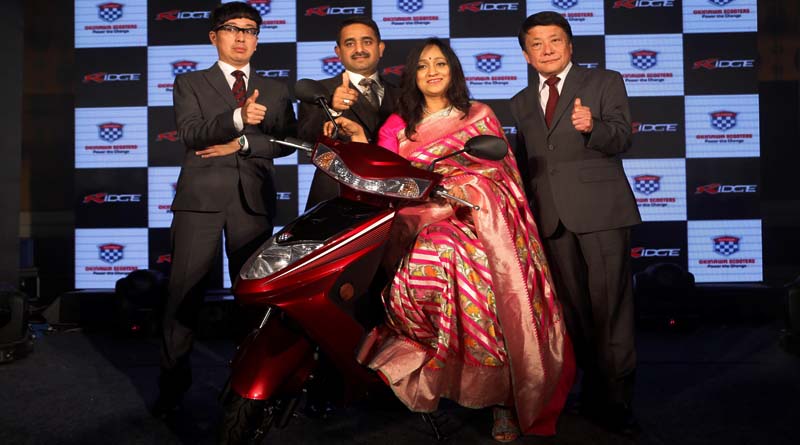Tata Steel, one of the world’s leading steel producers, has been an integral part of India’s industrial landscape for over a century. With a rich heritage dating back to 1907, Tata Steel has played a pivotal role in shaping the country’s economic development and infrastructure growth. This article delves into the storied history, strategic initiatives, and global impact of Tata Steel, highlighting its commitment to excellence, innovation, and sustainable growth.
Origins and Growth:
Tata Steel traces its origins to the vision of Jamsetji Tata, founder of the Tata Group, who envisioned the establishment of a world-class steel plant in India to support the country’s burgeoning industrialization. In 1907, Tata Steel set up its first integrated steel plant in Jamshedpur, then known as Sakchi, laying the foundation for India’s modern steel industry.
Over the years, Tata Steel has expanded its operations, diversified its product portfolio, and embraced technological advancements to meet the evolving needs of its customers and markets. Today, Tata Steel is a global steel powerhouse with operations spanning across India, Europe, Southeast Asia, and other regions, serving a wide range of industries including automotive, construction, infrastructure, and manufacturing.
Innovation and Technological Excellence:
Tata Steel is renowned for its commitment to innovation and technological excellence, driving advancements in steelmaking processes, product development, and sustainability practices. The company invests heavily in research and development to develop high-quality, high-performance steels that meet the stringent requirements of modern industries.
One of Tata Steel’s notable innovations is its development of advanced steel grades with superior strength, durability, and corrosion resistance properties. These innovative steels are used in critical applications such as automotive chassis, aerospace components, and infrastructure projects, enabling customers to achieve higher performance and efficiency.
Tata Steel also leads the industry in adopting eco-friendly and energy-efficient manufacturing practices, reducing carbon emissions, and conserving natural resources. The company’s efforts towards circular economy principles, waste recycling, and energy conservation have earned it recognition as a global leader in sustainable steel production.
Global Presence and Market Leadership:
Tata Steel’s global presence and market leadership position it as a preferred supplier of steel products and solutions to customers around the world. The company operates a network of manufacturing facilities, distribution centers, and sales offices in key markets, enabling it to serve diverse industries and meet the demand for high-quality steel products.
Tata Steel’s acquisition of Corus Group in 2007 marked a significant milestone in its global expansion strategy, providing access to new markets, technologies, and talent pools. The integration of Corus’ operations strengthened Tata Steel’s position as one of the top steel producers in Europe, enhancing its product offerings and customer reach in the region.
Corporate Social Responsibility and Sustainability:
Tata Steel is deeply committed to corporate social responsibility (CSR) and sustainability, integrating environmental, social, and governance (ESG) considerations into its business strategy and operations. The company’s CSR initiatives focus on areas such as education, healthcare, livelihoods, and environmental conservation, aiming to create positive impact and value for society.
Tata Steel’s flagship CSR programs, such as Project Jyoti and Project Samarth, focus on enhancing access to education and skills development opportunities for underprivileged communities in India. The company also invests in environmental conservation projects, biodiversity conservation, and renewable energy initiatives to minimize its environmental footprint and promote sustainable development.
Conclusion:
Tata Steel’s legacy of excellence, innovation, and sustainability underscores its commitment to driving positive change and creating value for stakeholders and society. As the company continues to expand its global footprint, innovate its product offerings, and embrace sustainable practices, Tata Steel remains poised to lead the steel industry into a new era of growth and prosperity.
With a focus on customer-centricity, technological innovation, and corporate responsibility, Tata Steel is well-positioned to address the challenges and opportunities of the 21st century and contribute to the advancement of industries, economies, and communities worldwide. As it forges ahead on its journey of growth and transformation, Tata Steel remains true to its founding principles of integrity, excellence, and social responsibility, driving progress and prosperity for generations to come.












